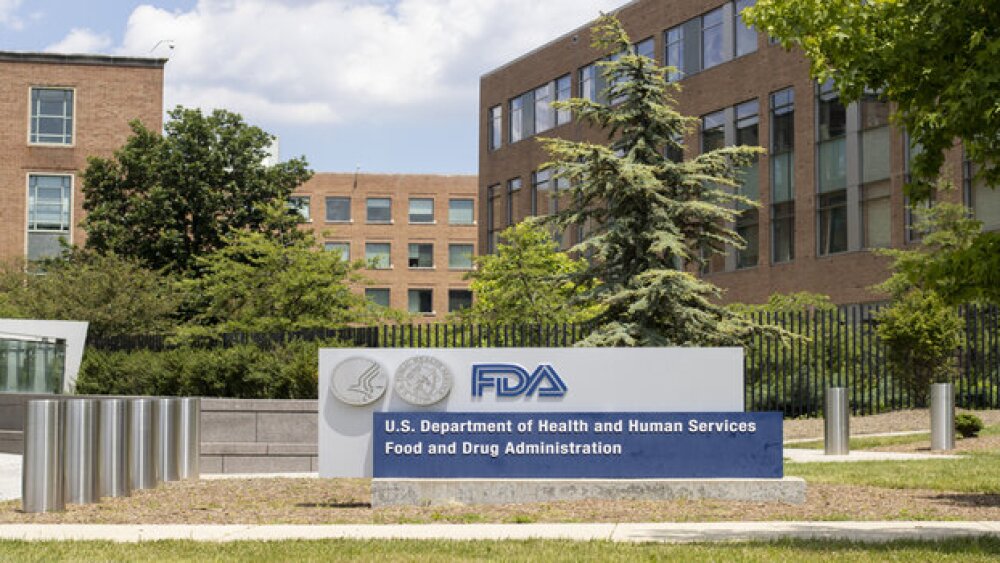Ahead of an expected surge in regulatory filings, the FDA is establishing the Genetic Metabolic Diseases Advisory Committee to provide advice on treatments for these complex and challenging conditions.
Pictured: FDA signage outside its office in Maryland/iStock, hapabapa
The FDA on Tuesday announced it is establishing a new advisory committee that will discuss and evaluate potential treatments for genetic metabolic diseases which disrupt the body’s metabolism.
According to the regulator’s announcement, the new panel will be called the Genetic Metabolic Diseases Advisory Committee and will provide “independent, knowledgeable advice” when called upon, as well as “recommendations on technical, scientific and policy issues” around proposed products targeting indications in this therapeutic space.
The advisory committee’s purview will cover products for the diagnosis, prevention or treatment of genetic metabolic diseases under the Division of Rare Diseases and Medical Genetics.
Janet Maynard, director of the Office of Rare Diseases, Pediatrics, Urologic and Reproductive Medicine under the FDA’s Center for Drug Evaluation and Research, said in a statement that drug development for genetic metabolic diseases “has unique and complex challenges.”
“This new advisory committee will provide a forum for discussion of complicated issues with specialized and diverse technical and scientific experts in the field of metabolic genetics,” Maynard said.
The Genetic Metabolic Diseases Advisory Committee will have nine voting members, including a chairperson and various experts in the areas of metabolic genetics, small population trial design, management of inborn errors of metabolism, epidemiology or statistics, pediatrics, translational science and other related fields.
Representatives for consumers and for the industry will also sit on the advisory committee.
The FDA is currently seeking members for the Genetic Metabolic Diseases Advisory Committee and has put out a call for nominations.
This new adcomm comes as the biopharma industry’s interest in genetic therapies reaches an all-time high—and as the agency anticipates an uptick in regulatory applications.
Last week, the FDA handed out back-to-back approvals for this therapeutic modality, one for Vertex Pharmaceuticals and CRISPR Therapeutics’ Casgevy (exagamglogene autotemcel) and another for bluebird bio’s Lyfgenia (lovotibeglogene autotemcel), both for sickle cell disease.
Ahead of a potential upswell in FDA filings, the FDA’s Center for Biologics Evaluation and Research is reevaluating its regulatory guidelines, including looking at the level of uncertainty acceptable at the time of approval as well as the types of efficacy evidence that it can consider for approval.
In April 2023, Applied Therapeutics announced that it would still file a New Drug Application for its drug candidate govorestat in galactosemia, a rare genetic metabolic disease. Govorestat was unable to improve a composite endpoint of clinical symptoms but did induce “systematic improvement over time,” which according to Applied Therapeutics should be enough for a submission.
Tristan Manalac is an independent science writer based in Metro Manila, Philippines. He can be reached at tristan@tristanmanalac.com or tristan.manalac@biospace.com.






